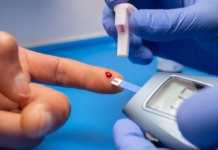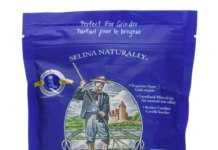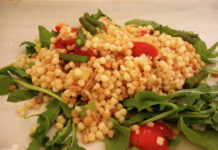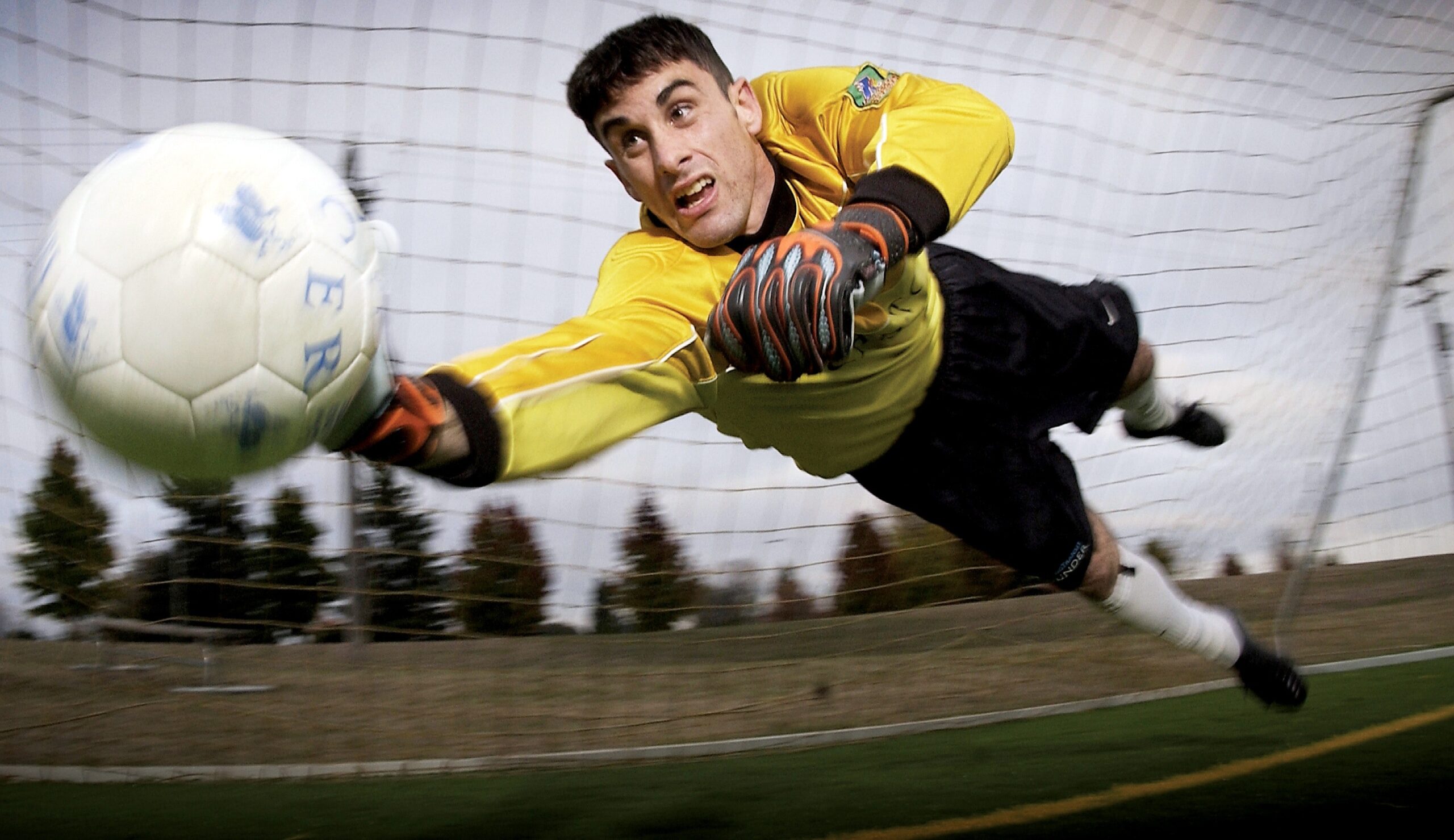For athletes, nutrition plays a pivotal role in optimizing performance, supporting recovery, and promoting overall well-being. The demands of training and competition place significant stress on the body, making it essential to provide the right nutrients to meet these challenges. Whether you’re a professional athlete or an aspiring one, following these top 10 nutrition tips can help you achieve peak performance and maintain optimal health.
1. Stay Hydrated: Proper hydration is a cornerstone of athletic success. Dehydration can lead to a decrease in performance, impaired cognitive function, and an increased risk of injuries. Athletes should drink enough water throughout the day, especially during training and competitions. For longer workouts, consider including electrolyte-rich sports drinks to replenish lost minerals. Monitor your urine color as a simple indicator of hydration; pale yellow urine suggests adequate hydration, while dark-colored urine indicates the need for more fluids.
2. Focus on Whole Foods: Emphasize a diet rich in whole, nutrient-dense foods. These include fruits, vegetables, whole grains, lean proteins, nuts, and seeds. Whole foods provide a wide range of essential vitamins, minerals, and antioxidants that support immune function and aid in muscle recovery. Minimize the intake of processed and sugary foods, as they can lead to energy spikes and crashes, negatively impacting athletic performance.
3. Time Your Meals and Snacks: Timing your meals and snacks strategically can enhance performance and recovery. Consume a balanced meal with a mix of carbohydrates, proteins, and healthy fats about 3-4 hours before exercise to provide sustained energy. For shorter workouts, a smaller snack 30-60 minutes before can be sufficient. After exercise, aim to consume a combination of protein and carbohydrates within 30-60 minutes to support muscle repair and glycogen replenishment.
4. Prioritize Carbohydrates: Carbohydrates are the primary source of fuel for athletic performance. They provide readily available energy to power through workouts and competitions. Athletes should include ample carbohydrates in their diet, focusing on complex carbs like whole grains, fruits, and vegetables. These sources release energy more gradually, preventing rapid fluctuations in blood sugar levels and providing sustained energy for longer durations.
5. Adequate Protein Intake: Protein is vital for muscle repair and growth, making it essential for athletes looking to build and maintain muscle mass. Ensure that your diet includes sufficient protein from sources like lean meats, poultry, fish, dairy products, legumes, and plant-based options like tofu and tempeh. Protein requirements may vary depending on the type and intensity of training, so it’s essential to tailor your intake to your individual needs.
6. Don’t Forget Healthy Fats: Healthy fats are essential for hormone production, cell membrane health, and the absorption of fat-soluble vitamins. Include sources of healthy fats in your diet, such as avocados, nuts, seeds, olive oil, and fatty fish like salmon and mackerel. While fat is calorie-dense, it’s an essential part of a well-balanced diet, and moderate amounts can aid in performance and recovery.
7. Monitor Micronutrient Intake: Vitamins and minerals play a critical role in various bodily functions, including energy metabolism and immune support. Athletes are at an increased risk of micronutrient deficiencies due to higher energy expenditure and loss through sweat. To counter this, consume a diverse range of fruits, vegetables, and whole foods to ensure adequate intake of essential nutrients.
8. Consider Supplements Wisely: While a well-rounded diet should provide most of the necessary nutrients, some athletes may benefit from targeted supplements. For instance, vitamin D supplements can be beneficial, especially for athletes training indoors or during the winter months when sun exposure is limited. However, it’s crucial to consult with a sports dietitian or healthcare professional before starting any supplementation, as excessive intake can lead to adverse effects.
9. Listen to Your Body: Every athlete’s body is unique, and what works for one individual may not work for another. Pay attention to how your body responds to different foods and eating patterns. Keep a food journal if necessary to track performance, energy levels, and recovery. Learn to recognize hunger and fullness cues to avoid overeating or undereating, both of which can impact athletic performance.
10. Rest and Recovery: While nutrition is essential, rest and recovery are equally crucial for optimal athletic performance. Make sure to get adequate sleep each night, as this is when the body repairs and regenerates. Additionally, allow your body time to recover between intense workouts, and incorporate active recovery activities like yoga or gentle stretching to enhance flexibility and reduce the risk of injury.
In conclusion, proper nutrition is the foundation for every athlete’s success. By prioritizing hydration, consuming nutrient-dense whole foods, and timing meals and snacks appropriately, athletes can optimize their performance and support recovery. Carbohydrates, proteins, and healthy fats should all play a significant role in an athlete’s diet, along with adequate intake of micronutrients. Always be mindful of individual needs and consider professional advice when incorporating supplements. Lastly, remember that rest and recovery are just as vital as training and nutrition in maintaining peak performance and overall well-being. By adopting these top 10 nutrition tips, athletes can unlock their full potential and achieve their athletic goals.
























